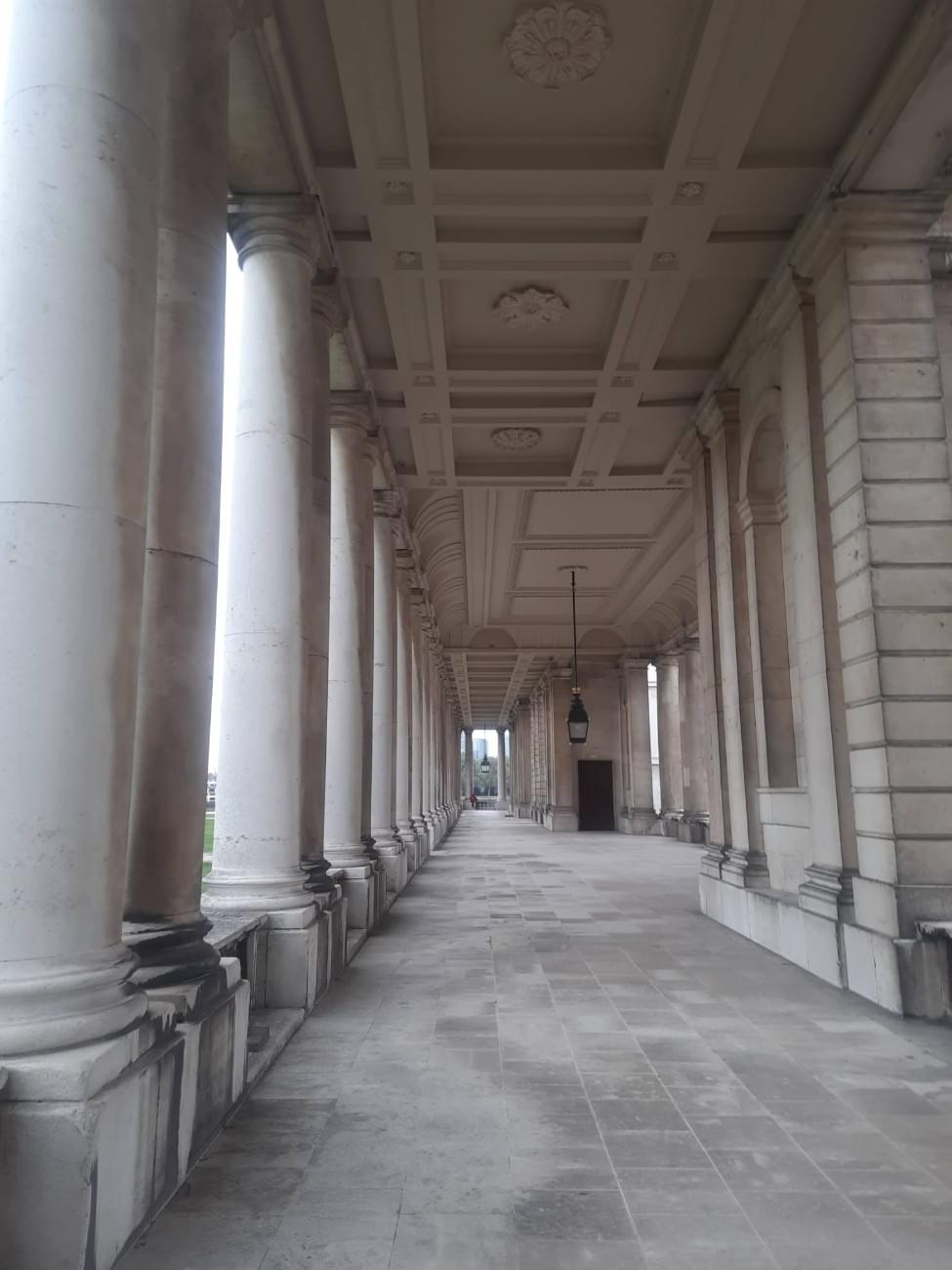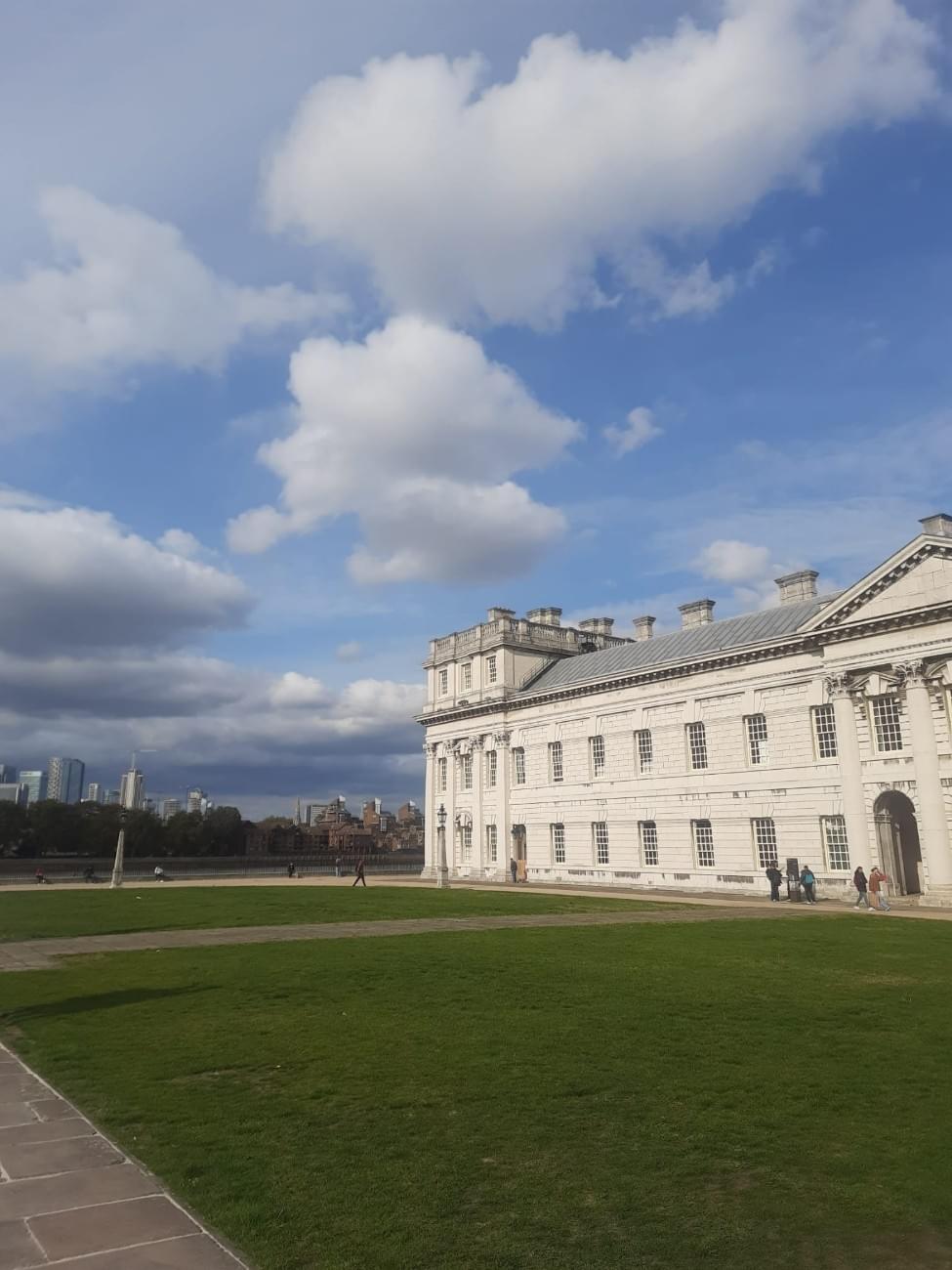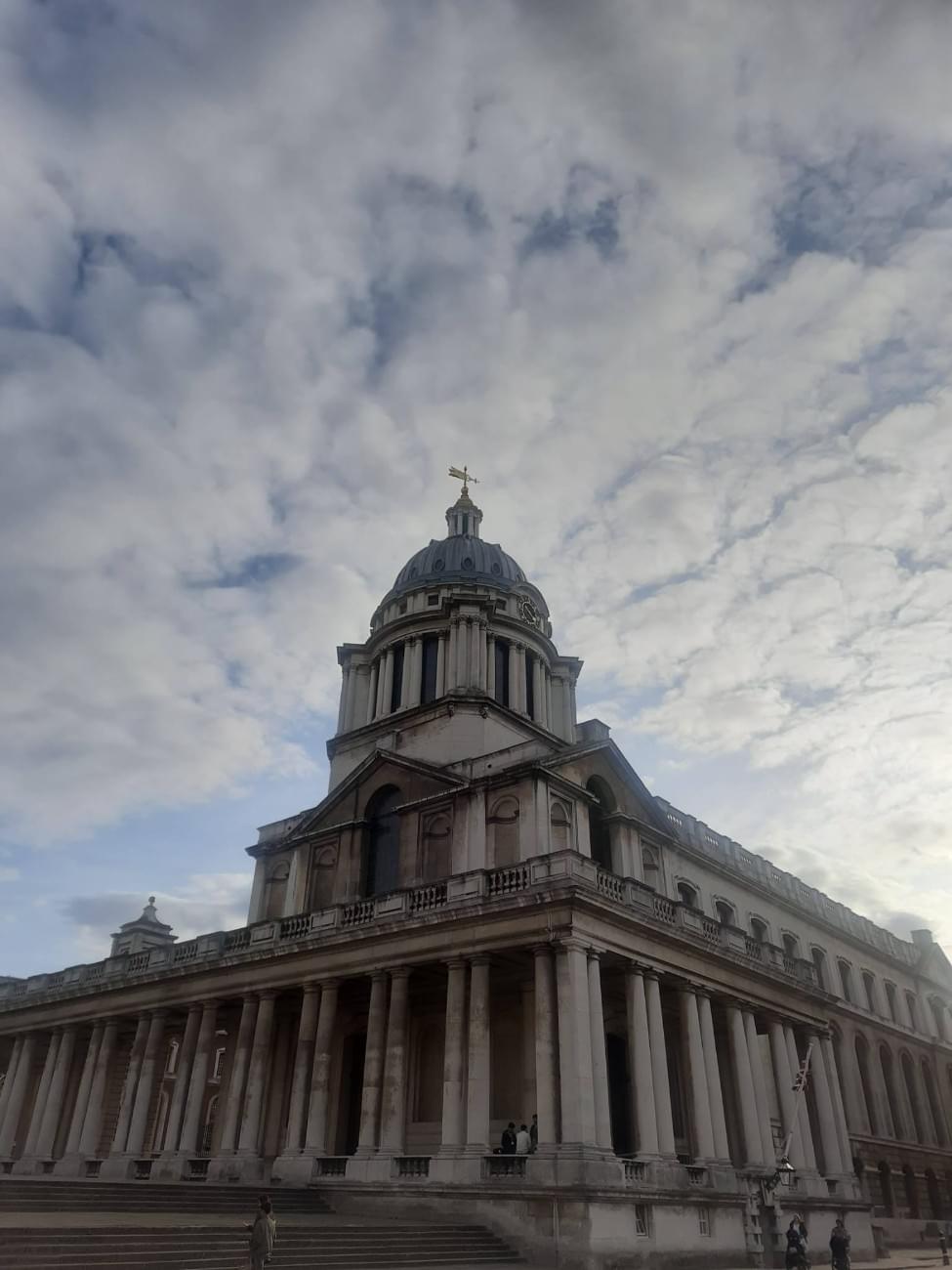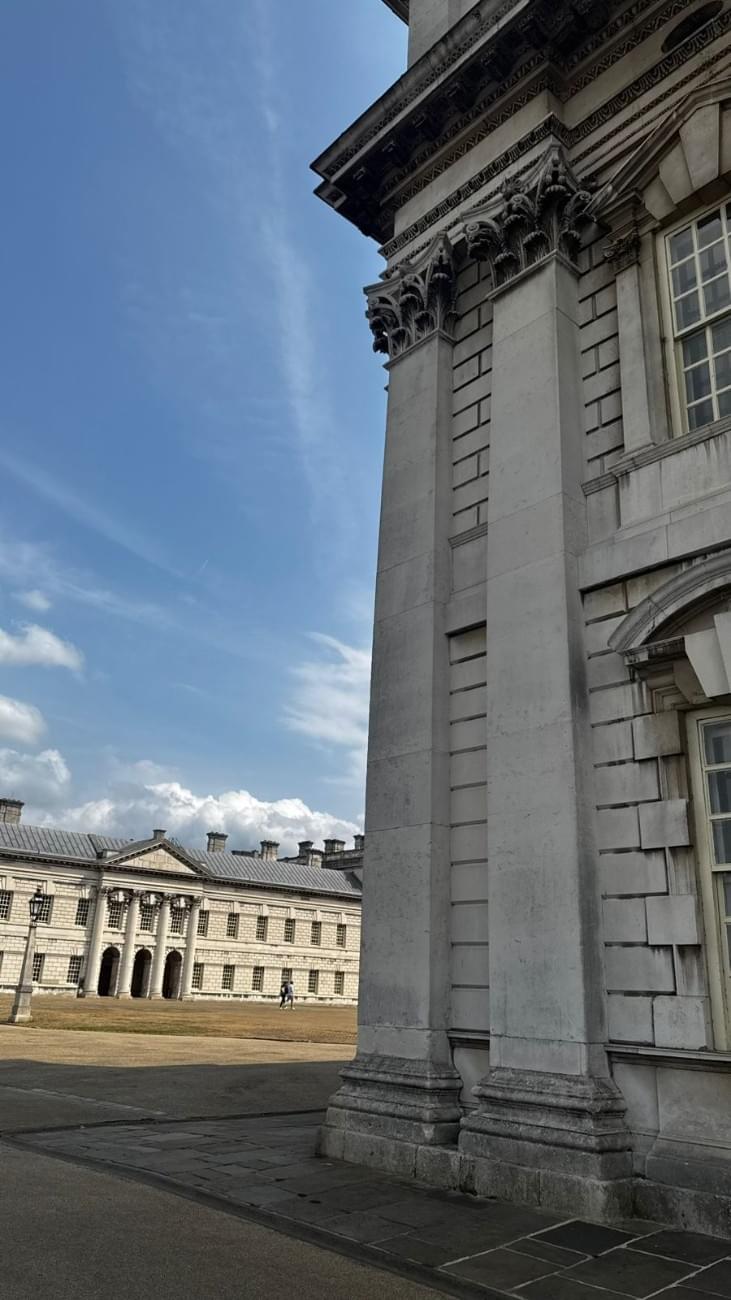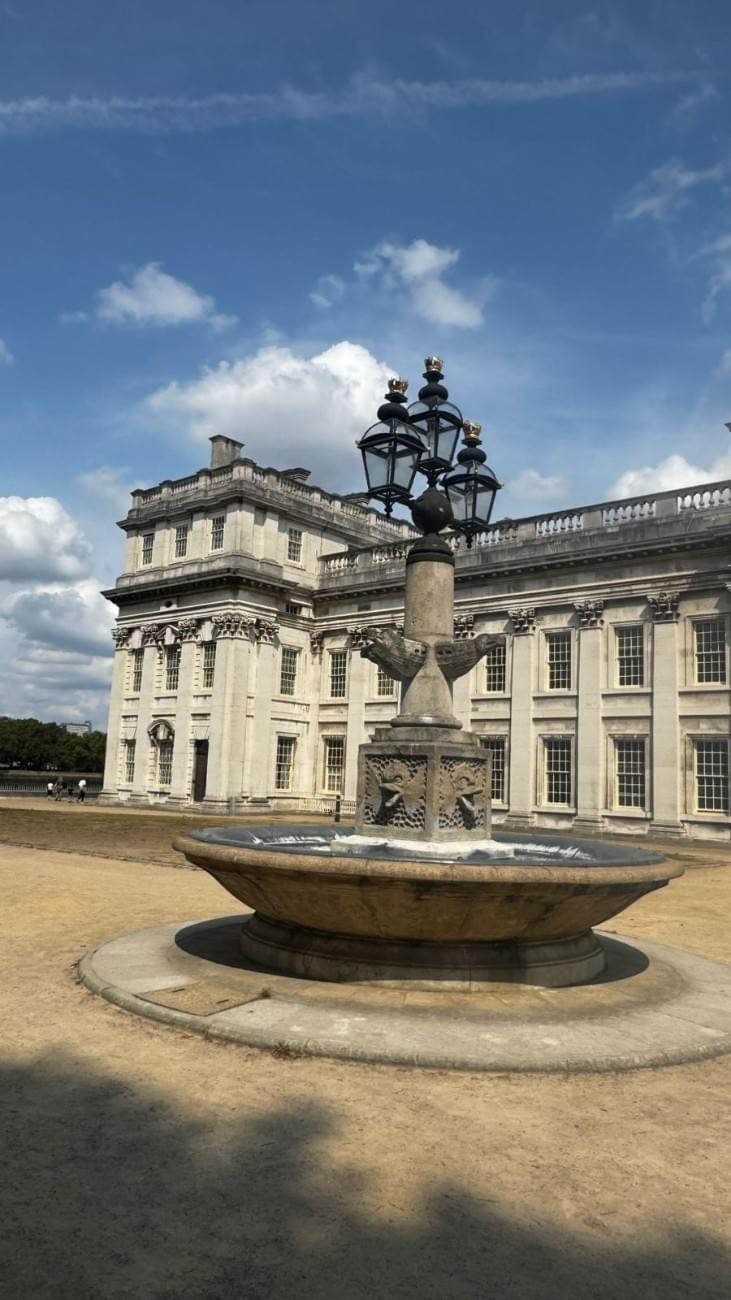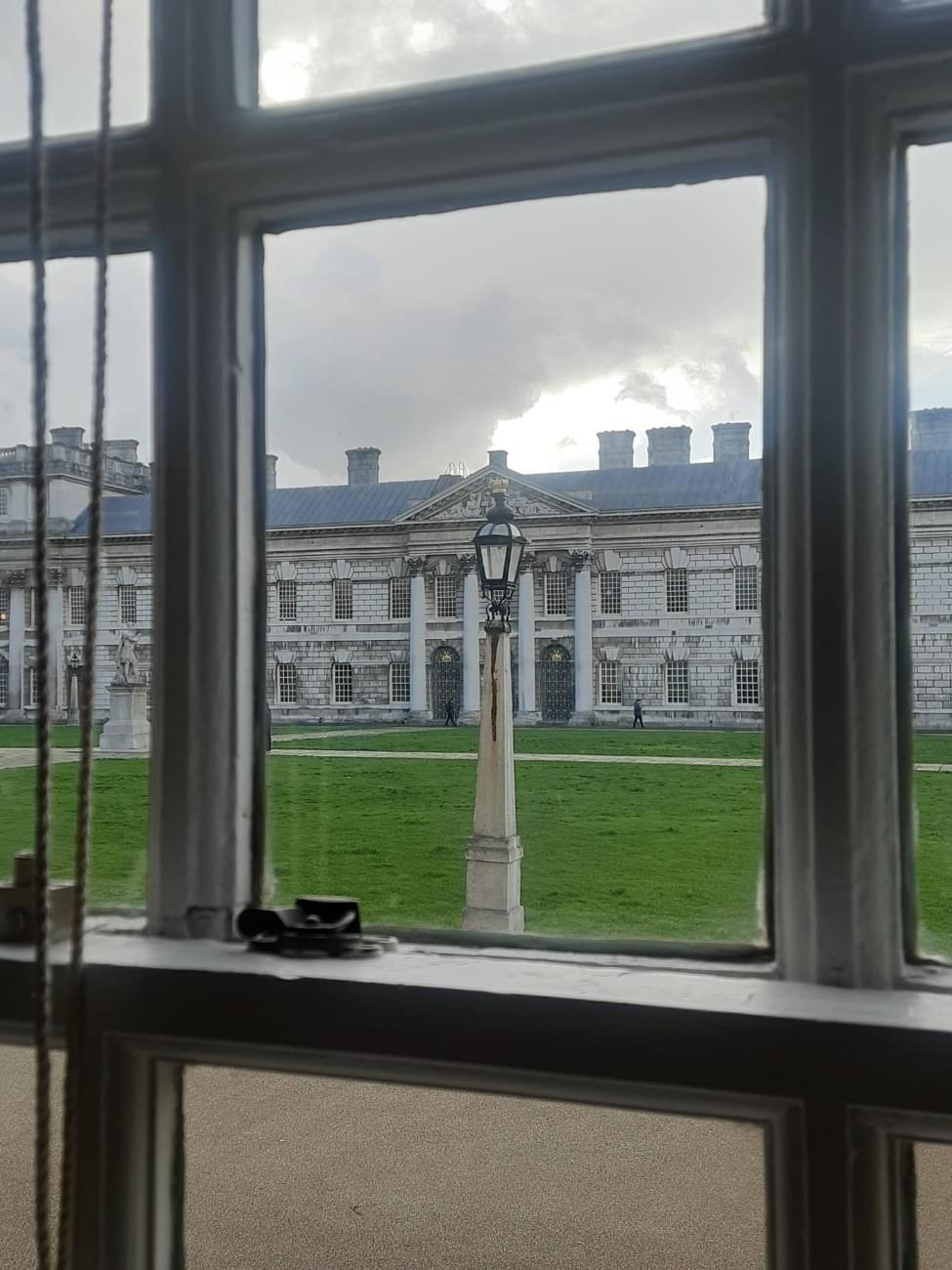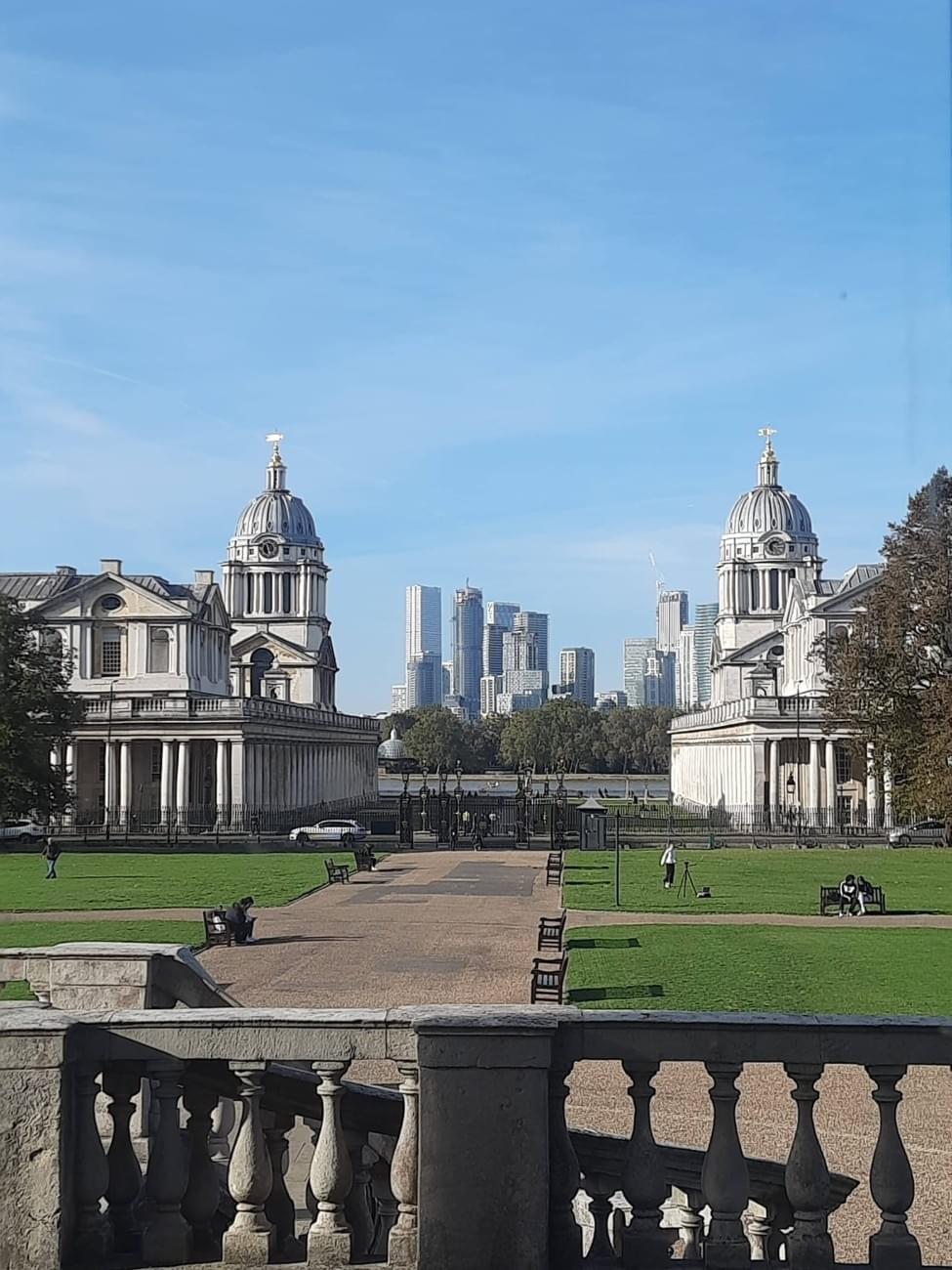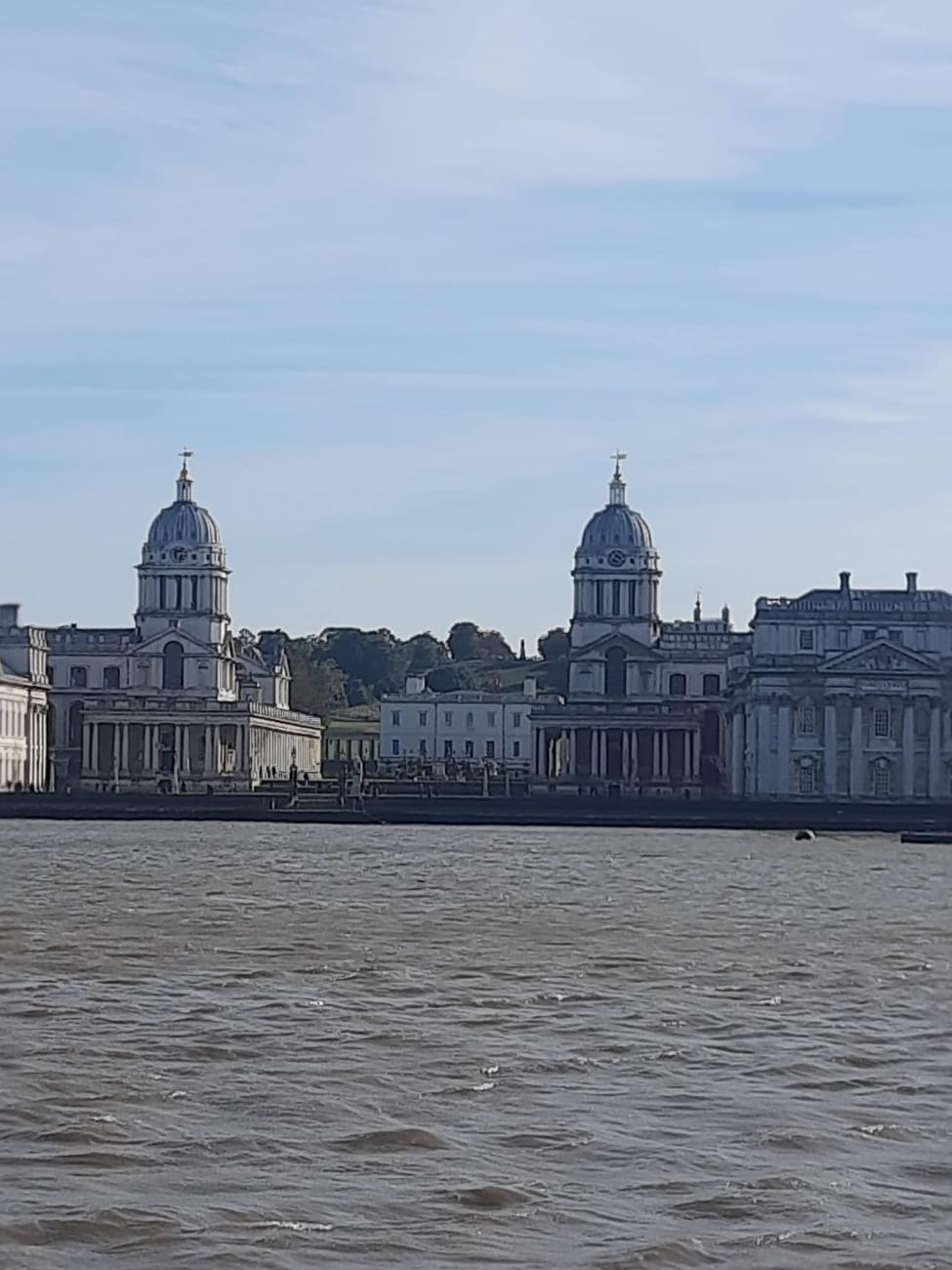What Students Say
Likes
- The infrastructure - Greenwich is a beautiful borough of London, and studying there makes you feel surreal!
- Social activities & clubs - The university had multiple activities/festivals that provided a chance to socialise and meet new people.
- Professors - They were really learned and super helpful, friendly and kind!
Dislikes
- Distance - I did not stay in the student accommodation; so I had to travel about 2.5 - 3 hours (to + fro) on days I had classes
- Fare - Travel in London is expensive, so on days that I did have classes, I was spending quite a bit on travel
- No compulsory class participation - This caused the cohort to divide itself into groups by themselves, and I feel like I missed out on the chance to know my classmates better
Course Curriculum
- The MSc was mostly theoretical, apart from my placement module. I did not find the curriculum particularly difficult. I could have coped with an increased difficulty of the course structure.
- Positive aspects of the course include the variety of topics covered in psychology, the professors being all PhDs, and interesting assignments. The negative aspect was that the course was not particularly difficult; I ended up getting a Distinction fairly easily.
- I had at the most two classes of two hours each per day. My classes got over before 5 pm.
- My cohort had about 25 - 30 students.
- About 8 to 10 of them were Indians, based on what I remember.
Admission Experience
- I applied to three universities.
- I was admitted to all of them. This included the University of Kingston, the University of Greenwich and King's College London.
- I did not receive a rejection from any of the places I applied to, i.e., University of Kingston, University of Greenwich and/or King's College London.
- Greenwich had a compulsory placement module – 70 hours across 10 weeks. This was important, as I believed it helped me prepare myself for the real world and workplace settings. This was in addition to the fact that the curriculum was structured and in line with what I wanted to learn.
- My admission process was taken care of by an agency. However, the basic steps involved getting all my undergrad transcripts and certificates and letters of recommendation in order, appearing for the IELTS, etc.
- I just needed to appear for IELTS. The overall minimum score required was 6.5, with a minimum of 5.5 in each of the sub-tests – Reading, Listening, Writing and Speaking
- As my admission process was taken care of by an agency, I am not too sure I faced any difficulties. It seemed smooth to me.
- I applied for the September 2023 intake. I have already mentioned the factors influencing my decision in a previous question. I chose this intake because I wanted to start an MSc immediately after my BSc (which ended in July 2023).
- I believe it took a couple of months to get all the certificates, transcripts and other documents in line and ready for submission. I also appeared for my IELTS exam during this duration. I received a conditional offer, followed by an unconditional offer – and a CAS – Confirmation of Acceptance of Studies.
Faculty
- The faculty-to-student ratio was relatively good. My cohort had about 25 students with one professor. Some classes were common regardless of the specialisation, such as the research methods classes where we were about 80 students to one professor. Interaction tends to be similar – Mentimeter quizzes are used a lot!
- Teaching methodology was adequate.
- Personal networks were not used as much during our MSc but professors were willing to write references for students.
- My favourites were Val Tadi? (my personal tutor) and Alessandra Valentini (programme leader) because of how accessible they felt.
Campus Life
- Three campuses – Greenwich (Park Row), Avery Hill, and Kent. The first two, i.e., Greenwich (Park Row) and Avery Hill, are based in London. Kent is a little far away from Central London and requires a bit of travel.
- All facilities, such as multiple libraries, third spaces, study spaces, restaurants and restrooms, are widely available to use.
- I cannot recall any events since I did not really want to participate in anything.
Part Time Jobs
- There were quite a few opportunities as a Research Assistant - RA while I was studying. Not so much presently; after graduating or so it seems, I did end up securing to RA positions back-to-back.
- The pay range for these positions is a little above minimum wage if I am not wrong.
- Other on-campus jobs may include library and IT assistants. The wages have to be similar to what I mentioned above.
- Maximum number of hours that we were legally allowed to work was 20 hours per week. However, this was only during term time. I believe you can work more during term breaks.
- On-campus jobs are relatively tough to secure since the competition for these is incredibly high since a lot of students are applying for these positions.
- Most part-time jobs pay minimum wage or a pound or so above, if I am not wrong. jobs are relatively tough to secure since the competition for this is incredibly high since a lot of students are applying for these positions. Most part-time work may include working at restaurants or cafes or waitressing/serving/bartending. Application process is all online and extensive.
Placement
- I am not aware of the percentage of your graduating batch that secures employment within 6 months of completing their course or of the average salary range that most students in your programme can expect to earn upon graduation or of how students usually find jobs after graduation or of what common methods (such as campus recruitment, internships, networking, or online job portals) are used.
- There are different opportunities for placements (during the placement module) – counselling, education sectors, youth work, research, etc. I am not sure how many of these translated into a permanent position.
- I am not aware of any major companies that hire graduates from my programme.
Accommodation
- I found my accommodation through personal and family sources.
- I paid 650 GBP per month, inclusive of all bills.
- The accommodation felt expensive at first since I was in the habit of converting INR to GBP.
- Just one recommendation: make sure that your accommodation is secured before you travel.
- Accommodation was about 75 minutes away by the tube. Most Indian students end up staying in Kingsbury/Wembley/Kenton/Harrow, etc.
Exams
- With reference to the first question, I just had to appear for IELTS and nothing else.
- Documents required included undergraduate transcripts, a provisional degree certificate, letters of recommendation, a statement of purpose, a CV, and a passport.
- I did have an interview, but this was not for assessing my capabilities, or so it seemed. It was just a professional asking me the details of my course, as in what I had applied for and how I would be funding my studies, amongst other things, like what the modules of my MSc were and whether I knew them by heart.
Fees
- The tuition fees were about 17,500 Great Britain Pounds (GBP), based on what I remember. This was only the educational aspect of finances, as in just the tuition fees. The stay/accommodation and travel were other added expenses.
- Because it was a one-year full-time master's degree, it was paid off in two different but equal instalments.
- About 1000 pounds per month - stay, travel and personal expenses.
Scholarship
- I do believe that there are scholarships available.
- However, despite my grades and eligibility, I could not get a scholarship, as my undergrad uni did not release the provisional certificates in time to submit them according to Greenwich's deadlines.
- I believe scholarships up to 5000 GBP were available.


